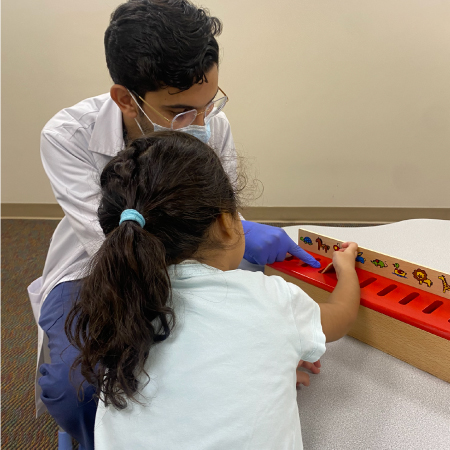
News & Events
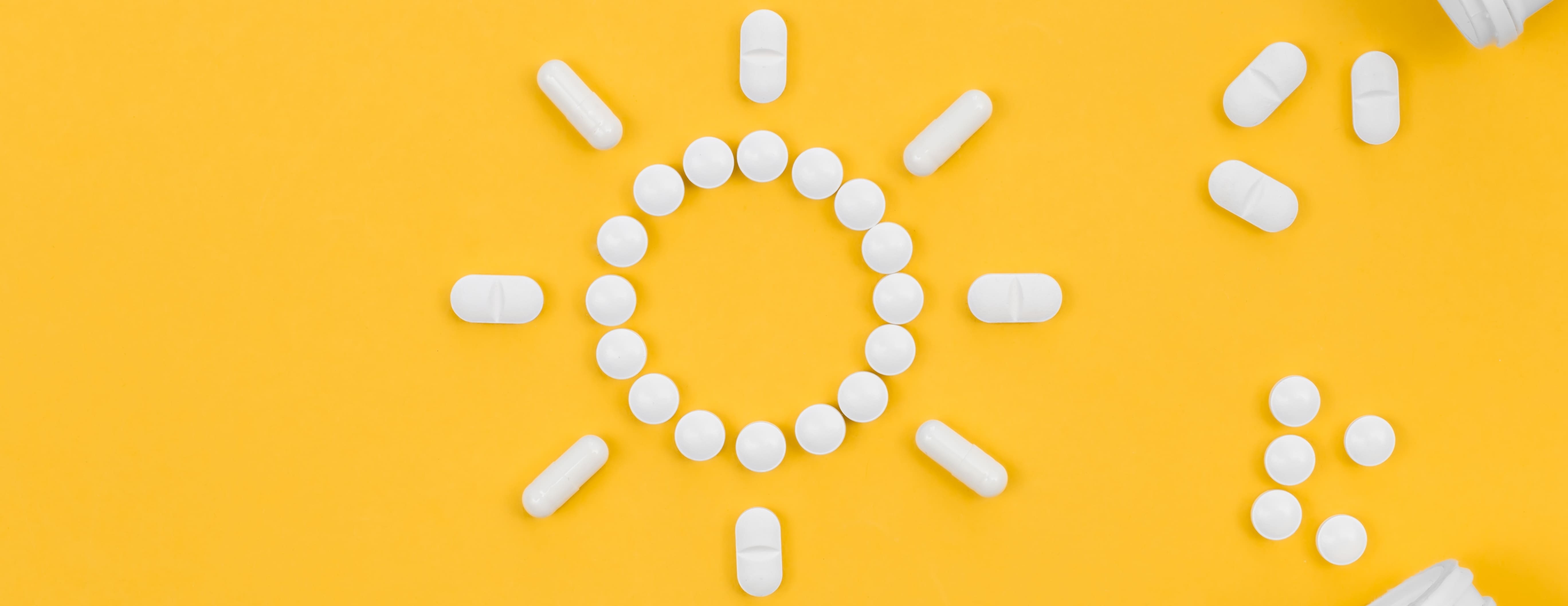
Essential Tips to Safeguard Medications in Summer
By: Corykris Calleja
Pharmacy Services Department
As we enter the summer months, temperature and humidity will soar and fluctuate. Did you know that extreme summer heat and humidity can impact your medications?
Medication Heat Interactions
Medication Degradation and Delivery Device Damage
Many medications can lose their efficacy and be damaged when stored in areas with extremely hot temperatures, high humidity or when exposed to excessive light. For example,
-
Insulin: Can be stored at room temperature once opened, but extreme heat will make it less effective.
-
EpiPen: extreme heat can cause the pen to malfunction and deliver less dose of epinephrine.
-
Inhalers: can burst when stored in ambient heat.
Tips:
-
Store your medication in a cool dry place except for the ones that require refrigeration.
-
Keep medications at room temperature between 15°C – 25°C.
-
Never leave your medications in the trunk of the car or direct sunlight.
Photosensitivity
Some medications can increase your sensitivity to the sun causing you to develop a sunburn faster and increase your risk of skin cancer. For example,
-
Acne medications: Isotretinoin
-
Analgesics: Naproxen, Ibuprofen
-
Antibiotics: Tetracycline, Fluoroquinolones
-
Antifungals: Metronidazole, Voriconazole
-
Cholesterol-lowering medications: Atorvastatin, Simvastatin
-
Birth control pills
Tips:
-
Avoid the sun and stay indoors during the peak sun hours.
-
Wear protective clothing such as sunglasses, hats, light-colored long-sleeve shirts and long pants.
-
Use a broad-spectrum sunscreen that can filter UVA and UVB rays, preferably with SPF 30 or more.
Risk of Medications Interfering with Thermoregulation and/or Fluid Balance
Our body can cool down when it is hot and humid. However, some medications may interfere with that process. Heat exhaustion and dehydration can impact the effectiveness of medications and increase the risk of potential side effects. For example,
-
Antihistamine allergy medications: can reduce sweating.
-
Antipsychotics and antidepressants: can cause impaired sweating, sedation and cognitive impairment.
-
Beta blockers: can cause reduced blood flow to the skin making it harder to cool down.
-
Bipolar disorder medications: can increase the need to urinate.
-
Diuretics: can cause electrolyte imbalance and reduced thirst sensation.
Tips:
-
Stay hydrated.
-
Skip hard physical activity in high heat.
-
Wear light loose-fitting clothes.
-
Stay indoors or in shaded areas when it is very hot.
It is important to adhere to your medication regimen consistently, even during extreme weather conditions. Since not all medication examples are listed above, always consult your physician about any potential side effects before using any medication.

World Breastfeeding Week
JHAH joins the World Alliance for Breastfeeding Action and the MOH in supporting World Breastfeeding Week

How to sleep better
A good night’s sleep can help repair damaged heart and blood vessels. We have simple tips to help you sleep better
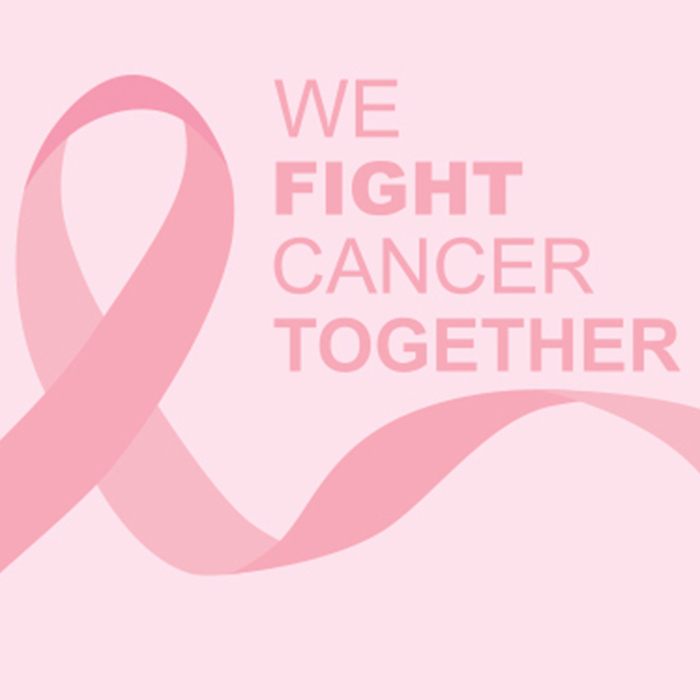
The fight against breast cancer
The good, and bad news about breast cancer – and how to fight it
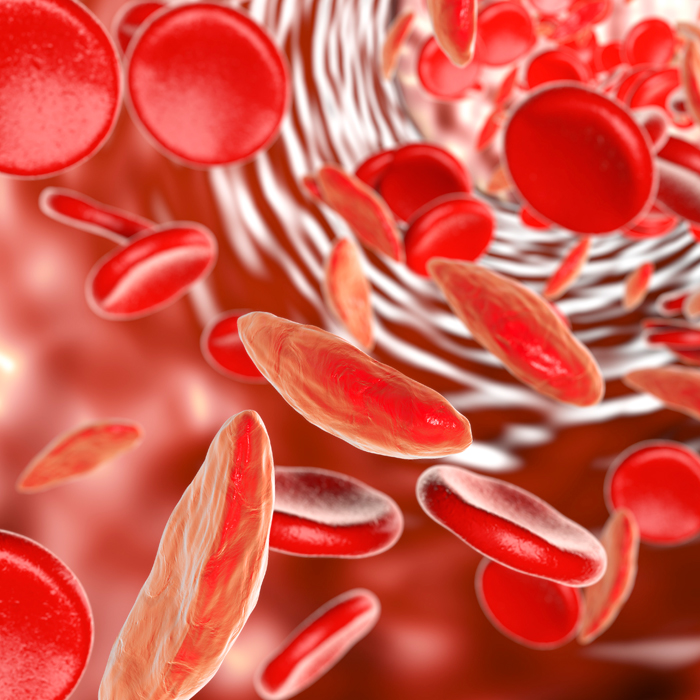
Tackling the pain of sickle cell
Find out how changes to how we manage the pain of sickle cell disease have led to a massive drop in emergency care and hospitalization

Immune System Boosting Meal Plans
A few ideas for a good nutrition program that can help strengthen your immune system

Tips to Strengthen your Immune System
There are many health and nutrition tips that can boost your immune system
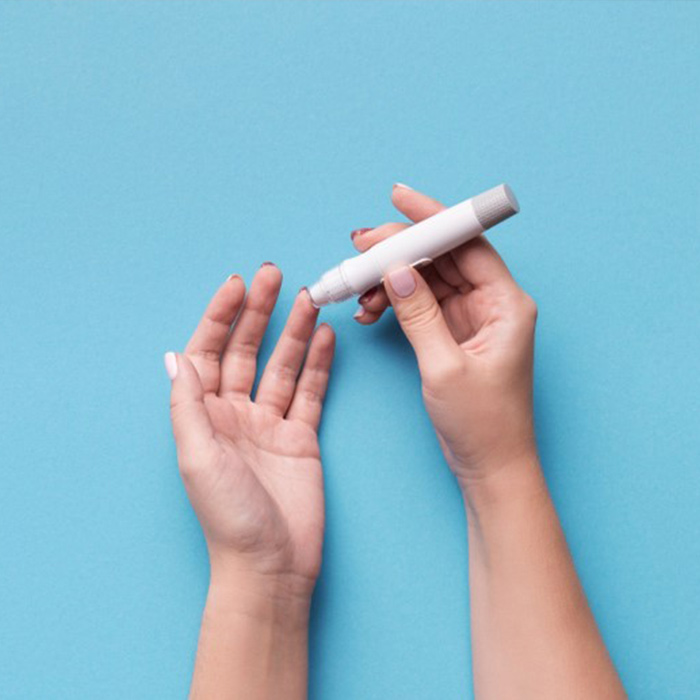
Top Tips to Controlling Your Diabetes
The Kingdom is the second in the Middle East and the seventh globally in the rate of Type 2 diabetes, find out how you can take control of your diabetes and lead a healthy life
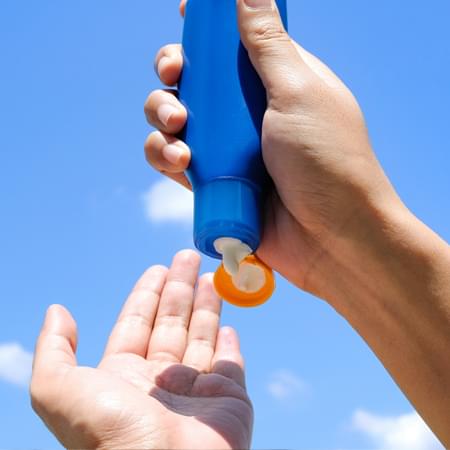
Protect Yourself from Sun Exposure
Health issues related to sun exposure and how you can protect yourself

Nutritional Values of Fruits in Summer Season
Include fruits in your daily menu, in whichever way you like, and stay healthy
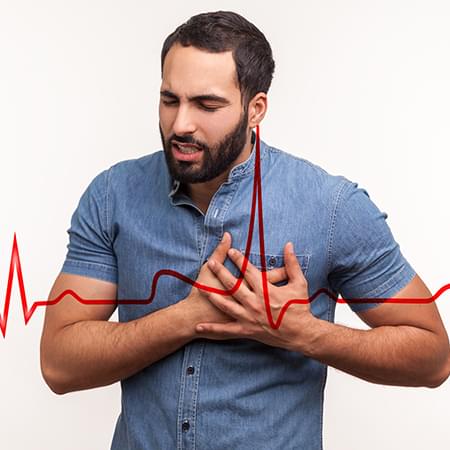
Survive a heart attack when alone
Heart attacks often occur when people are alone. Knowing what to do when heart attack symptoms come on can save your life
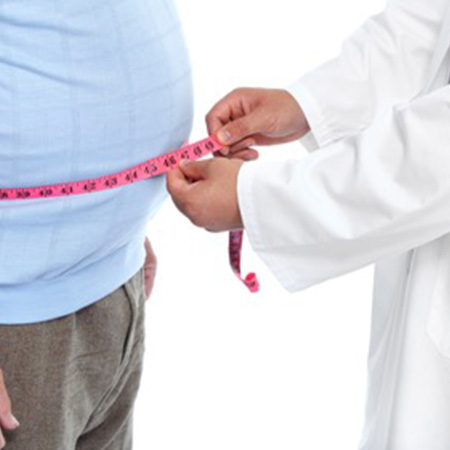
Obesity Preventive Tips
Encouraging people who suffer from obesity to take part in safe solutions to weight loss, lifestyle change, and weight maintenance
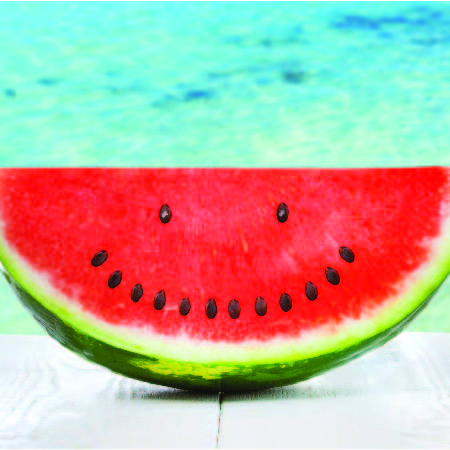
Staying cool and healthy during the summer
We tend to forget that the sun’s shine and brightness can be quite harmful during the summer. Tips to stay healthy and cool during summer
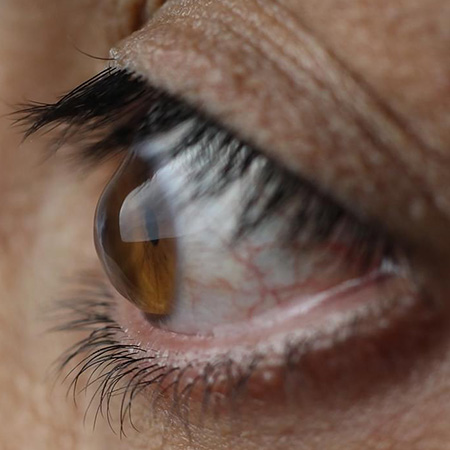
Keratoconus diseases
Keratoconus is an eye disease that affects the Cornea, the clear transparent part of the eye. This disease causes progressive thinning and protrusion of the cornea giving it a conical shape.
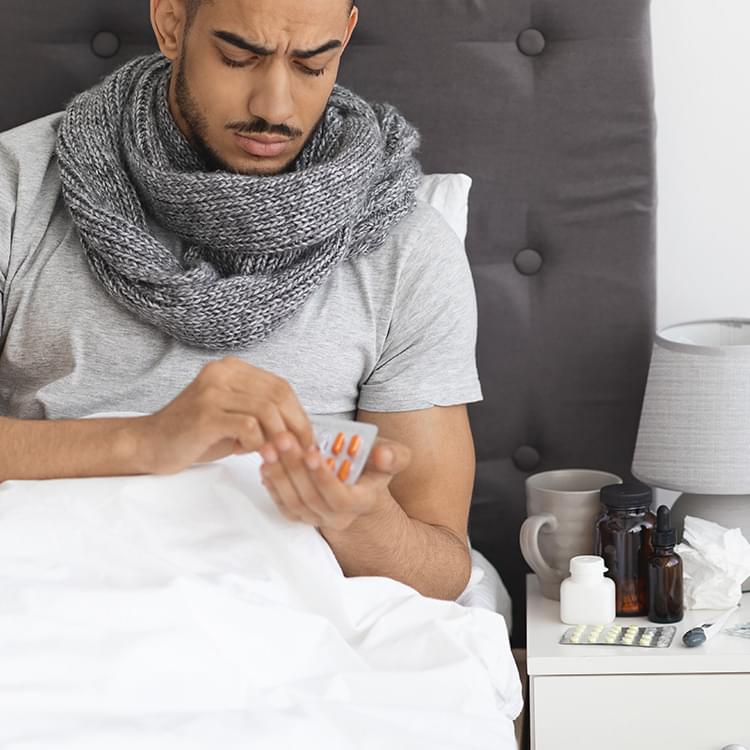
Medication Safety Tips
No matter what type of medicine your doctor prescribes, it's always important to be safe and follow medication safety measures
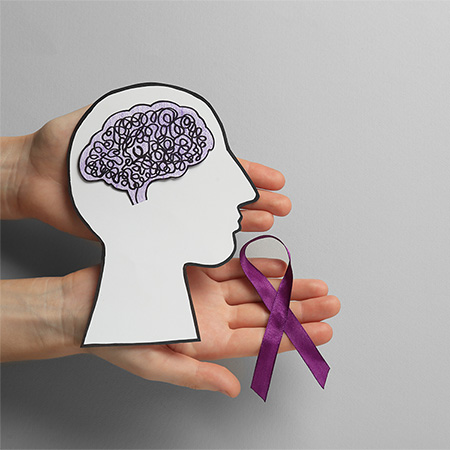
Alzheimer’s Disease
Learn about Alzheimer’s disease, it's symptoms, causes and risk factors, and what to do if you have Alzheimer's disease

Fight Breast Cancer Tips
Proper nutrition and exercise play important roles in reducing the risk of breast cancer
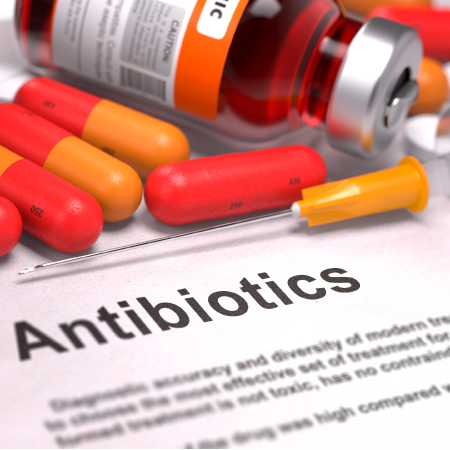
Antibiotics
Learn how to properly use antibiotics to avoid resistance and protect your health

Effective Medication Depends on Efficient Communications
Collecting your medication from the pharmacist is not just a medication transaction but an opportunity to enhance your understanding of the medication and better care for your health.

From Prediabetes to Normal Blood Sugar
JHAH Tawazon Program works with pre-diabetic patients to help them modify their lifestyle to prevent or delay type 2 diabetes

Make the most of your Pharmacy Visit
Here are a few essential points to discuss with your pharmacist to better understand your medication to ensure your wellbeing.

The Four Cs of Food Safety
Four simple and practical guidelines that will help you to keep safe from food-borne diseases in your kitchen

Save lives, donate blood
Read our expert advice on blood donation guidelines and how you can play a role in saving lives

Importance of Consuming a Healthy Breakfast
Start your day with nutritious foods to boost your energy and metabolism levels

Tips for Healthier Sweets
JHAH Clinical Nutrition and Food Services Unit is here to help you make your sweets healthier, lighter and heart friendly
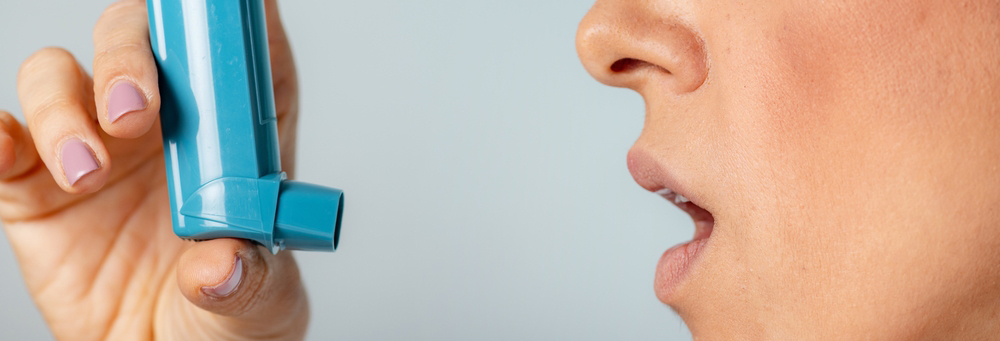
Asthma Inhaler Essentials: Techniques for Effective Use
Important techniques to ensure effective delivery of medications to the lungs
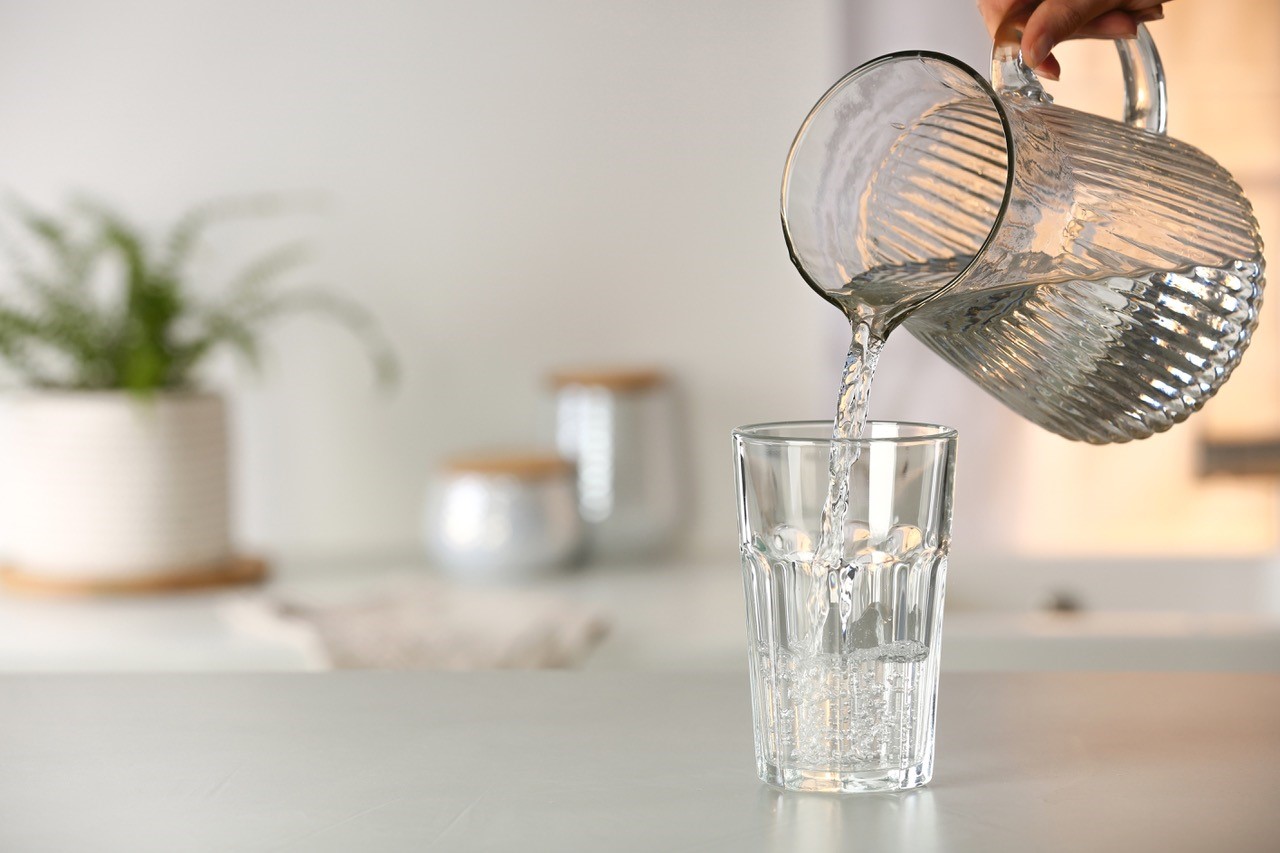
Recognizing Dehydration When Spending Time Indoors
Signs of dehydration indoors, symptoms to watch, and tips to stay hydrated even without thirst.
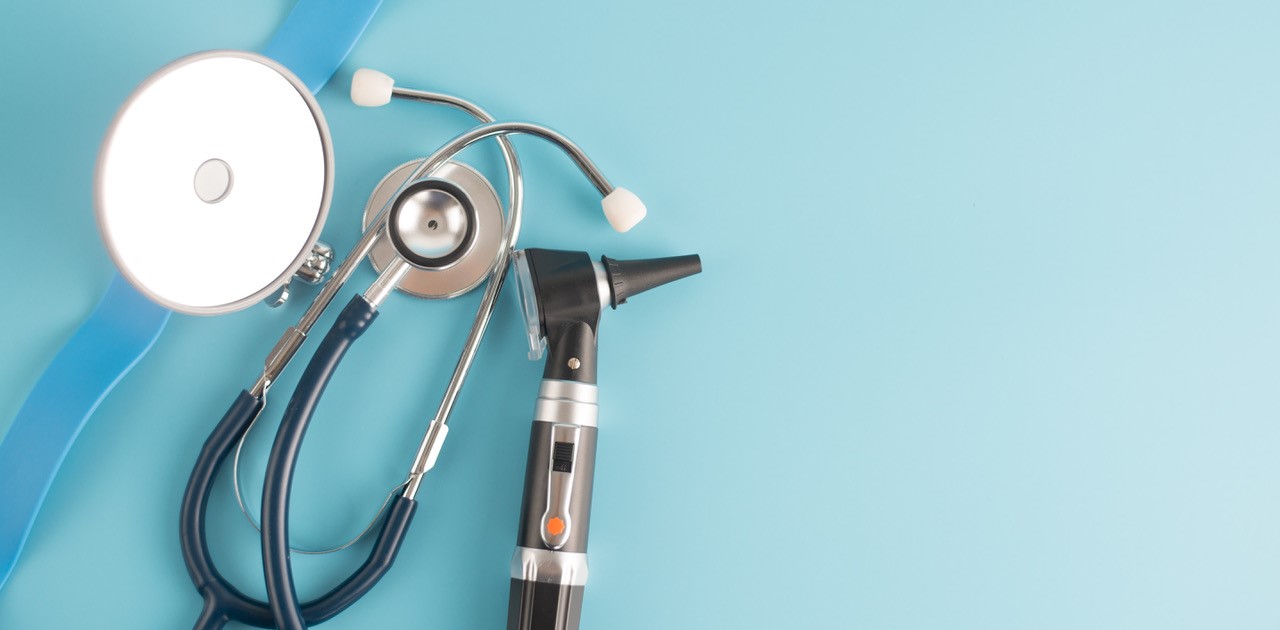
Al-Hasa Health Center Performs First Triple ENT Surgery
Three ENT surgeries significantly improve the breathing of a 21-year-old patient.
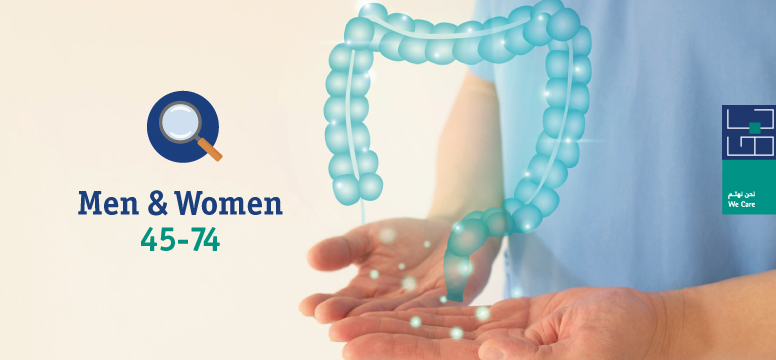
Colon Cancer Screening: A Crucial Step for Your Health
Colon cancer screening can detect the disease in its early and treatable stages
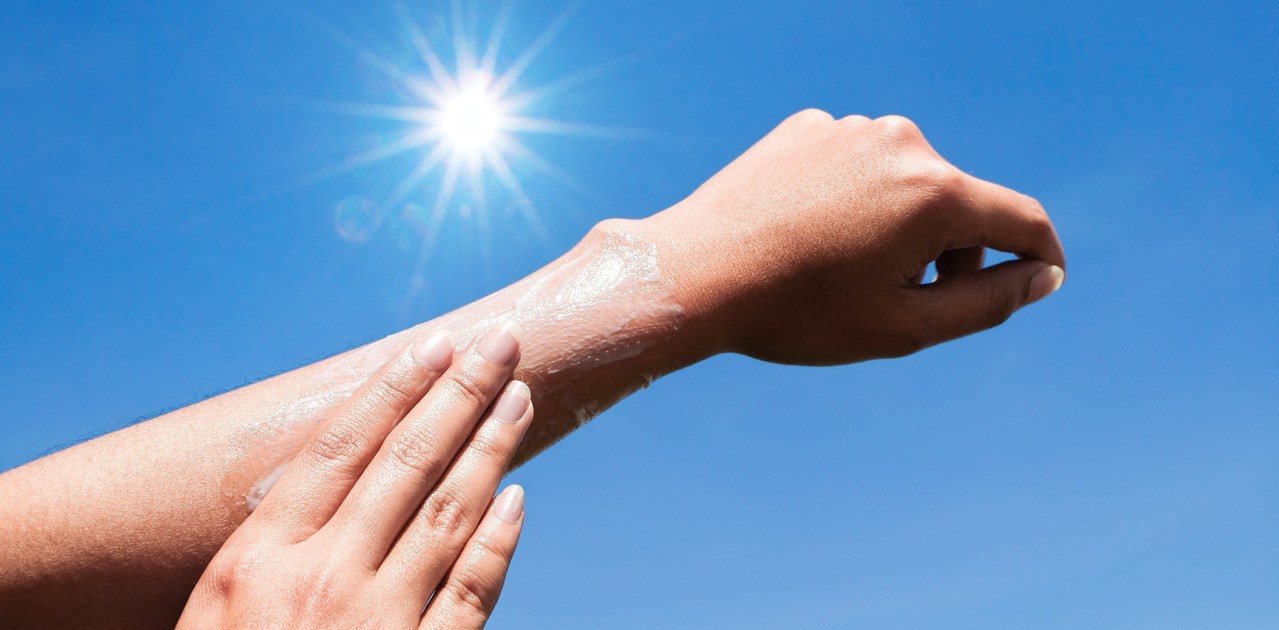
Adapting to Heat: Skin Care Tips
Scientifically backed tips to keep your skin in top condition.
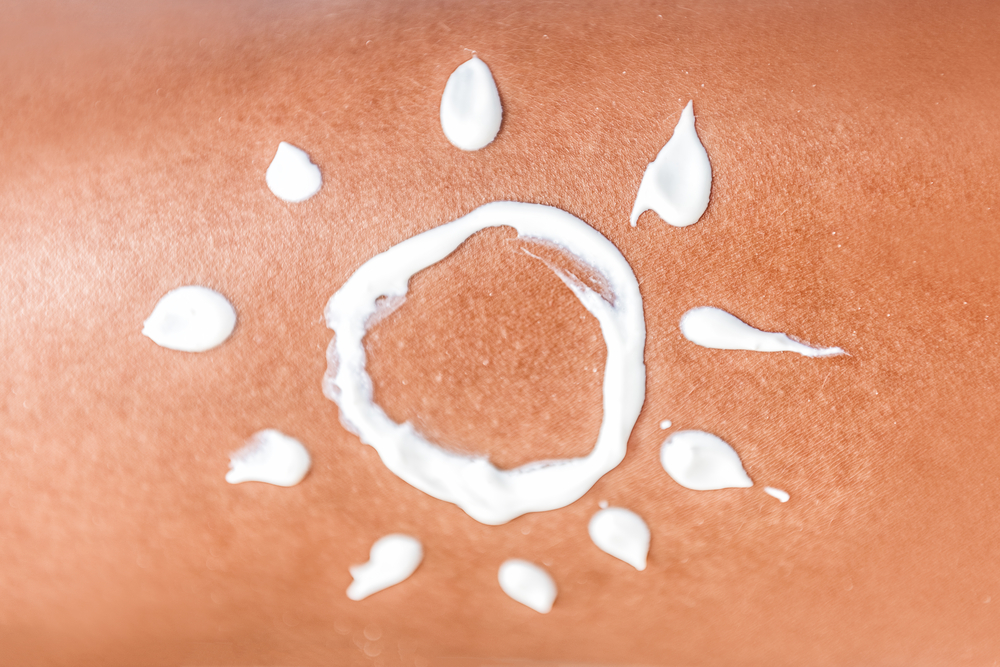
Skin Care for Healthy Skin
Enjoy being outdoors while keeping your skin healthy, protected and radiant

Winter Wellness
Discover key tips to prevent infections this flu season and effective home remedies to manage cold symptoms.
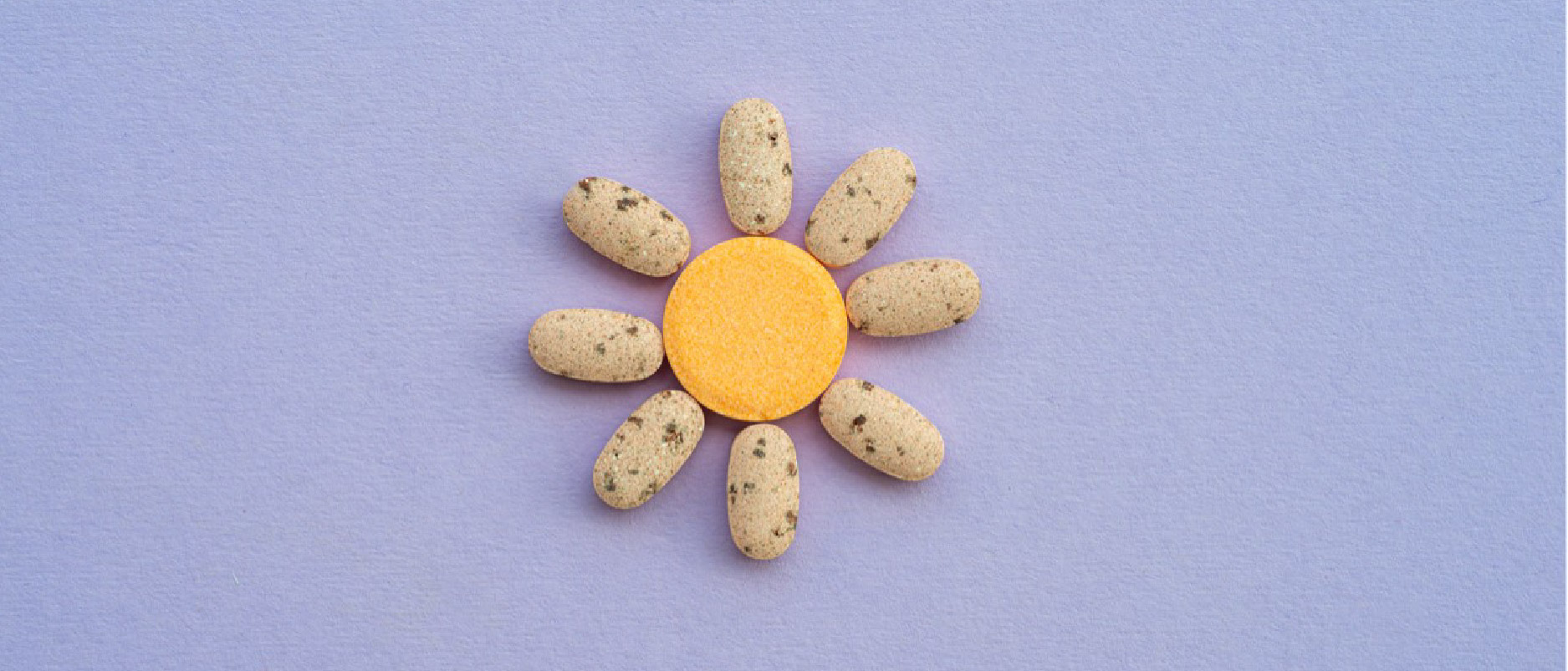
The Importance of Vitamin D in Human Life
Explore the vital role of vitamin D in health and learn how to maintain adequate levels through diet and sunlight.
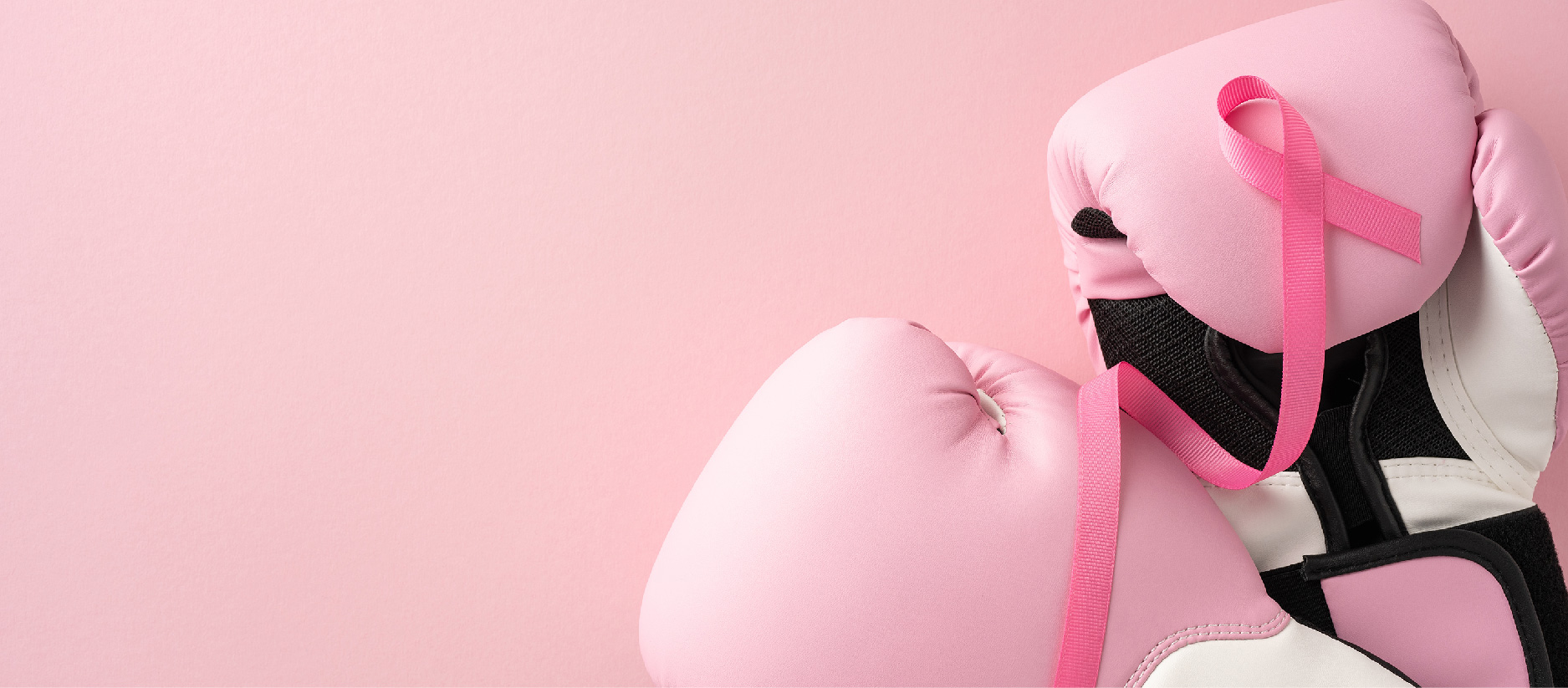
Breast Cancer: Know It, to Beat It
Explore essential insights on breast cancer, its risks, symptoms, and treatment options.

International COPD Day
Join us for International Chronic Obstructive Pulmonary Disease Day as we raise awareness and clear misconceptions.

Fall Prevention Tips
Explore the risks of falling and learn key effective prevention strategies.

Fight Anemia and Power up with Iron Rich Food
Iron deficiency anemia, its causes, symptoms and effective dietary strategies.

The Art of Pillow Selection
Discover the importance of selecting the right pillow for alleviating neck and shoulder pain and enhancing sleep quality.

Infection Prevention and Control Guidelines
Discover essential practices for reducing infection risks. Stay informed and protect your health and the health of others

Tips to Maintain Eye Health at Work
Relieve eye strain and improve focus with the 20-20-20 rule and other tips

Internet Safety Tips for Kids in Cyberspace
Help children stay safe online by teaching privacy, secure settings, and cyberbullying awareness

Your Health in Cold Weather
Boost immunity and well-being this winter with healthy habits, exercise, hydration and sleep
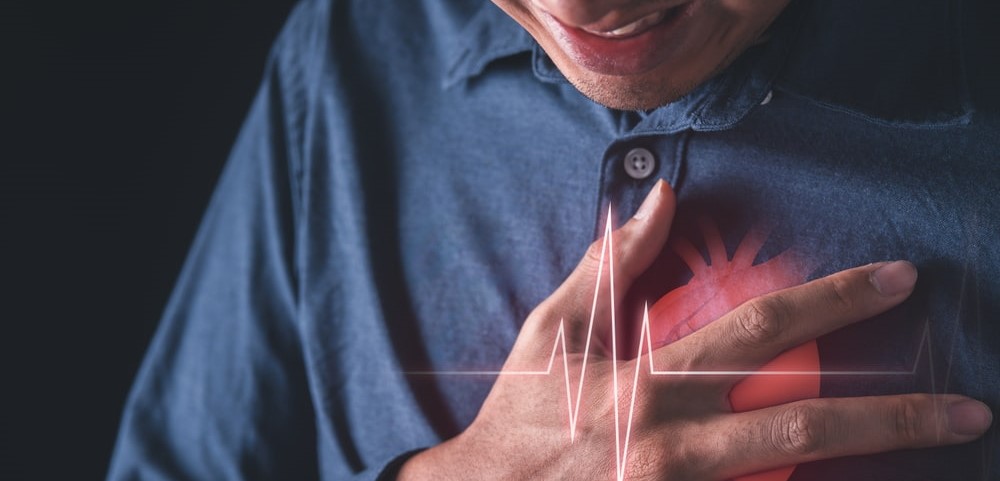
Heart Disease: Risks and Prevention
Raise awareness for heart disease prevention through healthy habits, diet, and stress management

Strengthening children's muscles
Explore how children's exercise programs focus on neurological adaptation and muscle learning rather than muscle size alone
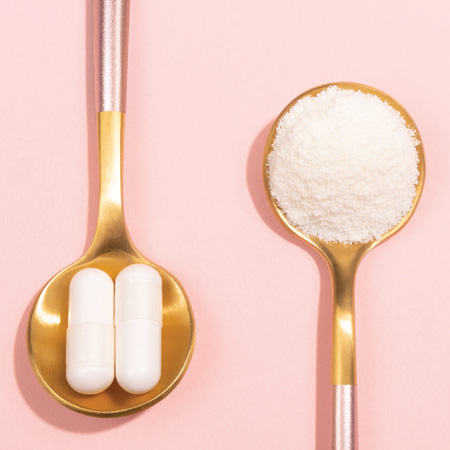
Should I take a collagen supplement?
Learn about collagen, its role in your body, and how diet and lifestyle impact its production

Managing Anxiety and Winter Depression
Tips for coping with seasonal challenges to boost your mood and wellbeing

Social Media & Gaming Addiction: Warning Signs, Risks, and How to Take Control
Hooked on social media or gaming? Learn how constant screen time could be harming your health and what you can do about it.

Importance of Vitamin D in Human Life: Key Aspects and Insights
Discover how Vitamin D plays a vital role in your health—from boosting immunity and mood to strengthening bones and supporting heart function.

Invisalign Clear Aligner Orthodontic Treatment
Looking for a discreet way to straighten your teeth? Invisalign clear aligners at JHAH offer a comfortable, effective, and nearly invisible alternative to braces.
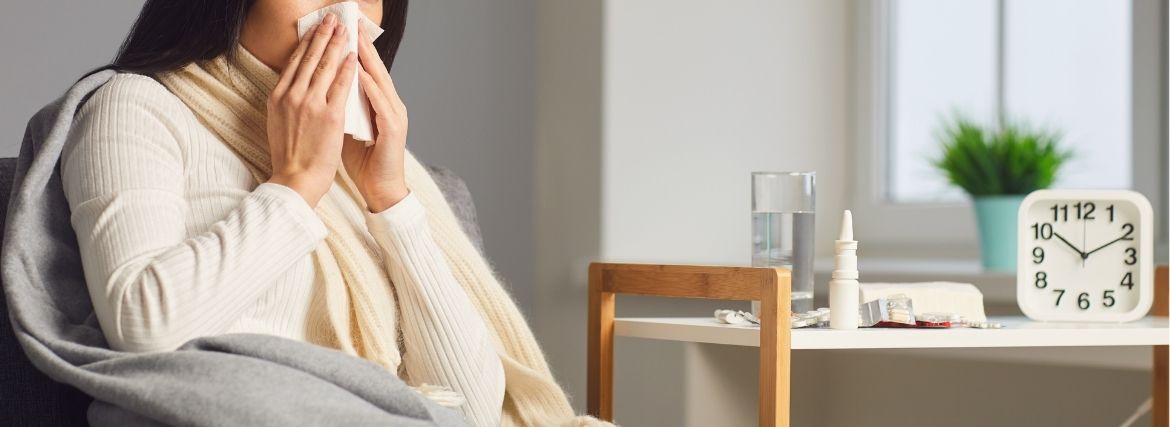
Minor Illness Management
Feeling under the weather? Discover practical tips to care for yourself or your child at home when dealing with flu or stomach illness.
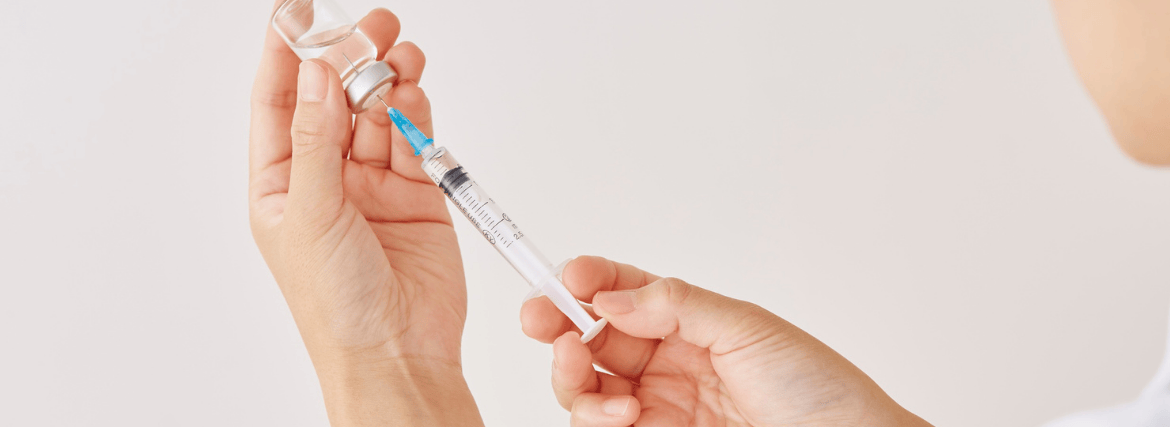
Immunization Issues
Vaccines, immunity-boosting tips, and hygiene habits that help you stay healthy and reduce the spread of seasonal viruses.
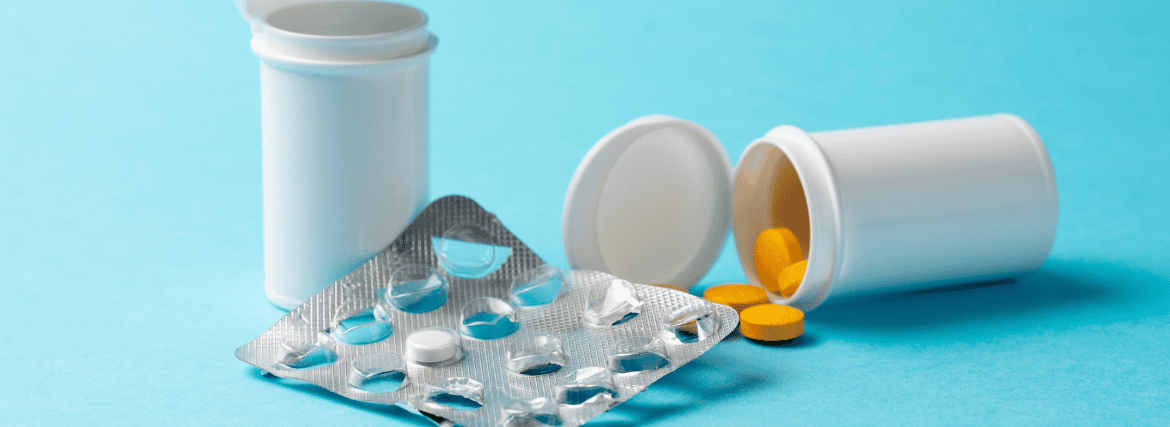
Using Opioid Medications Safely
Opioids can relieve pain—but only when used correctly. Discover essential safety tips and warning signs every patient and caregiver should know.

Why you should quit
Smoking harms nearly every body organ. The earlier you quit, the greater the health benefit. Learn how

Healthy and Fun Lunchbox Ideas for Kids
Give your kids the energy boosts they need with colorful, balanced lunchbox ideas that stay fresh until lunchtime.

Helping Children Adjust in the First Weeks of School
Starting school can be emotional for kids and parents. Learn simple ways to ease anxiety, build steady routines, and make the first weeks a positive experience

Working Together for a Healthy School Year: Hygiene Tips for Kids, Parents, and Teachers
Keeping kids healthy is a team effort. Explore fun, practical ways for parents and teachers to teach good hygiene, reduce sick days, and keep classrooms thriving

Protecting Children from Sun and Heat at School
Help your child stay cool and safe at school with easy sun protection, hydration tips, and guidance for healthy outdoor play

School Bus Safety Practices
Safe bus rides start with parents. Learn easy rules and reminders to keep kids safe, confident, and stress-free on every school journey

Study Tips for Kids: Reducing Stress and Boosting Confidence
Make homework stress-free with simple study routines, fun habits, and confidence hacks that keep kids motivated to learn.

School Bedtime Tips for Kids: Better Sleep, Better Learning
Make school mornings smoother with simple sleep tips that build healthy routines, calmer evenings, and better focus for kids.
